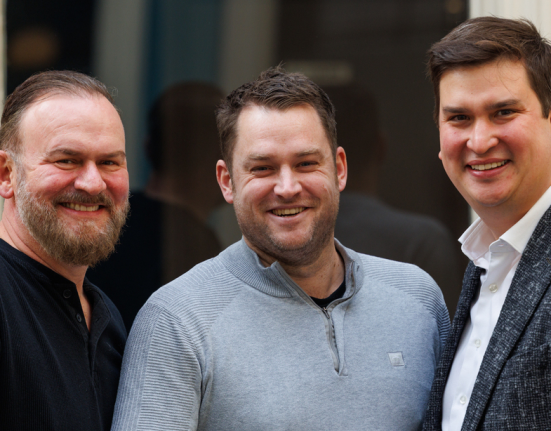A small litigation firm with big ambitions is now centre stage in what is thought to be the largest legal claim in British history – a £36 billion class action against mining giant BHP over the 2015 Mariana dam disaster in Brazil.
Pogust Goodhead, the firm founded by British barrister Tom Goodhead and US lawyer Harris Pogust, has brought the case on behalf of nearly 640,000 claimants ranging from families and farmers to businesses and municipalities.
Their claim arises from the collapse of a tailings dam in the town of Mariana, which killed 19 people, displaced thousands and caused widespread environmental devastation.
The 12-week trial at London’s High Court has now concluded, with a judgment expected this summer. The stakes are high: the firm has already spent over £250 million pursuing the claim, backed largely by US hedge fund Gramercy and Brazil’s Prisma Capital. A win could transform the fortunes of the firm and how class actions are pursued in the UK.
Pogust Goodhead, which operates on a “no win, no fee” basis for most claimants, has faced scrutiny as well as praise. While some hail it as a vehicle for justice where local systems have failed, critics in Brazil have accused it of undermining national sovereignty and exploiting tragedy for profit. BHP, which jointly owns the Samarco mine with Brazilian firm Vale, argues the claim is unnecessary following a separate $23 billion settlement agreed with Brazilian authorities.
Despite an operating loss of £52 million in 2022 and recent job cuts, Goodhead remains bullish. “It’s probably the largest class action ever brought in the English courts,” he said. “My clients don’t trust a single word that the companies have said.”
The firm’s rise has been meteoric. Since launching in 2018, it has handled major claims against British Airways and Volkswagen and is now running over 30 separate legal actions. But internal reports of long hours and high-pressure culture suggest the toll is heavy.
As the legal world watches, the Mariana case could redefine corporate accountability across borders – and cement Pogust Goodhead’s place at the heart of a growing global litigation movement.







